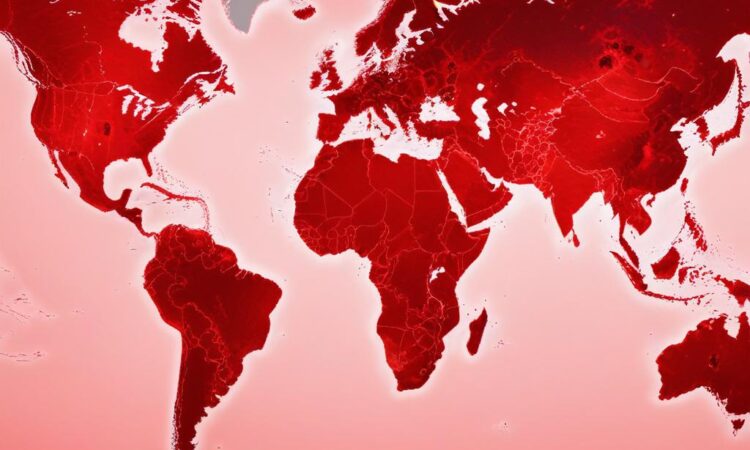Dengue Fever: A Global Outbreak – What’s the Buzz?
Okay, so dengue fever. It’s not exactly a new thing, but lately it feels like we’re hearing about outbreaks *everywhere*. From the Americas to Asia, it seems like dengue is making a pretty serious comeback. And honestly, it’s a bit worrying. Let’s dive into what’s going on.
First things first: what *is* dengue fever? It’s a mosquito-borne illness, meaning it’s spread by the bite of infected Aedes mosquitoes. These aren’t your average garden-variety mosquitoes; these guys are sneaky and bite during the day, making avoidance a bit trickier. Once you’re bitten by an infected mosquito, the dengue virus enters your bloodstream, and things can get pretty unpleasant.
Symptoms can range from mild to pretty serious. Think high fever, terrible headaches, muscle and joint pain (they call it “breakbone fever” for a reason!), and a rash. In some cases, it can lead to more severe complications like dengue hemorrhagic fever (DHF) or dengue shock syndrome (DSS), which can be life-threatening. It’s not a joke, folks.
So, what’s causing these outbreaks? Well, there’s no single easy answer. Several factors are at play. Climate change is playing a big role – warmer temperatures and increased rainfall create ideal breeding grounds for these pesky mosquitoes. Urbanization also contributes; densely populated areas with poor sanitation provide perfect hiding spots for mosquito breeding. And let’s not forget about international travel; infected people can unknowingly spread the virus to new regions.
The WHO and the Pan American Health Organization (PAHO), among other organizations, are constantly monitoring the situation and releasing updates. They’re tracking outbreaks, analyzing data, and coordinating responses. Their reports often highlight the severity of the outbreaks and the challenges involved in controlling them. It’s a complex problem requiring a global effort.
What can we do about it? Prevention is key! The best way to avoid dengue is to avoid mosquito bites. Here are some tips:
- Use mosquito repellents: Choose repellents containing DEET, picaridin, IR3535, or oil of lemon eucalyptus. Follow the instructions carefully.
- Wear protective clothing: Long sleeves, long pants, and socks can help keep mosquitoes away. Think light-colored clothing – mosquitoes are more attracted to dark colors.
- Install screens on windows and doors: Keep those mosquitoes out of your home!
- Eliminate breeding grounds: Get rid of standing water around your home. Empty flowerpots, clean gutters, and cover any containers that hold water.
- Sleep under mosquito nets: Especially important in areas with high mosquito populations.
If you suspect you might have dengue fever, seek medical attention immediately. Early diagnosis and treatment are crucial. There’s no specific antiviral treatment for dengue, but supportive care, including hydration and pain relief, is essential. Severe cases might require hospitalization.
The fight against dengue fever is ongoing, and it requires a multi-pronged approach. From global collaboration to individual preventative measures, we all have a role to play. Staying informed, taking precautions, and supporting public health initiatives are vital in combating this growing global health concern. Let’s work together to keep the dengue buzz down!
This is a constantly evolving situation. For the most up-to-date information, please consult the official websites of the WHO and PAHO, and your local health authorities.
Remember, this information is for general knowledge and does not constitute medical advice. Always consult with a healthcare professional for any health concerns.

